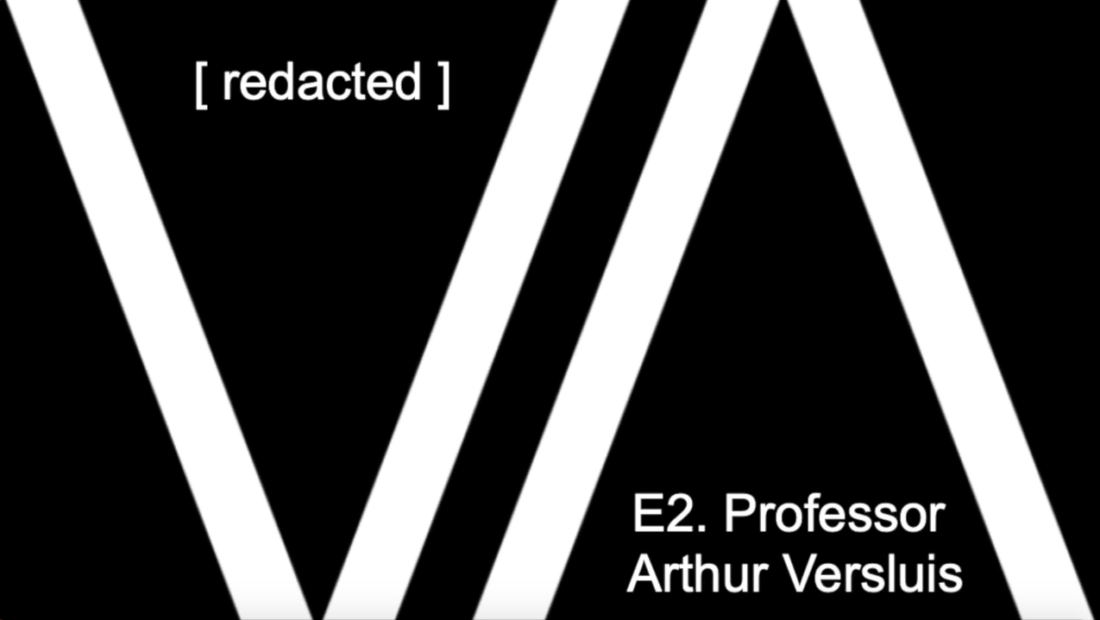[redacted] Week Twelve: Professor Arthur Versluis

I wrote last week about perennial ideas, and I am excited to share a conversation I had with Professor Arthur Versluis.
I’m running into bigger hurdles implementing the Principle of Human Respect in secondary action, is it still agency delegation if the delegation is not consensual? The phrase seems insufficient.
I have a sneaking suspicion that the next steps in improving my own life involve acts of courage and further simplification. Perhaps even peaceful goodbyes.
The principle of human respect does not state any accommodation for imperfection like we could find in Taoism and Capitalism, though it properly points back to the self as the basis for moral action. The imperfect state of reality is implied, though. The principle is downstream.
Imperfect reality is tough. There will always be people or circumstances we cannot say no to – that still doesn’t provide an excuse for immoral action, it merely clarifies who, if anyone, is in the wrong.
The Buddhist recognition in the First Noble Truth that suffering exists is not a pass, just a starting point on the path to the end of suffering.
Perennial philosophy, capitalism, Taoism, Buddhism, the moral principle of human respect, consent as the basis for just power, libertarianism, free markets, and the Declaration of Independence, each indicate the same ineffable, self-evident truth. What else should be added to that list?
The more that list grows, the more clearly we can understand that none are sufficient on their own for all people. Professor Arthur Versluis clarified in our conversation that ours is not a pursuit of a single religious end; I would add that is because religion is not the best path for all people, not an indictment of consensual religious practice, though it is a form of collectivism with some concerning intergenerational effects (a topic for another time).
Luckily, religion isn’t the only category represented in the list above. At no point in human history have we had access to and knowledge of so many ideas by which we can increase human flourishing, overcome the barriers of language, and collaborate to build a better future. I am still partial to consent as a socio-economic system and an upstream solution as it allows for the practice of all of the others within its framework. Even now, capitalism is a word with too much baggage.
Decentralization is, then, the only way to get this done – and that will be what I dig into next.


